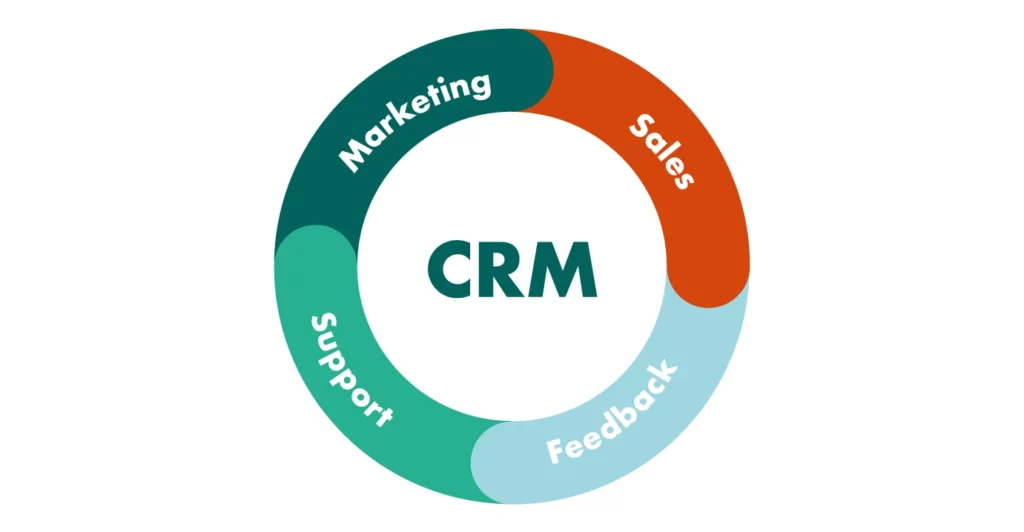How CRM Automation Saves Time and Money

Time is one of the most valuable resources in business, and CRM automation ensures it’s used wisely. Manual tasks like data entry, follow-up reminders, and report generation can drain productivity and increase the likelihood of errors. CRM automation handles these processes seamlessly, allowing your team to focus on strategic initiatives rather than repetitive work. For example, automated workflows can send follow-up emails after meetings, assign tasks to team members based on lead status, and generate regular performance reports without human intervention. This reduces operational overhead and ensures that no important task is forgotten. Automation also improves customer experiences. Timely communication, personalized messaging, and accurate record-keeping help businesses engage clients more effectively. Over time, this translates into stronger customer loyalty and increased lifetime value. Investing in a CRM with robust automation capabilities not only saves time but also reduces costs, increases efficiency, and provides a measurable return on investment. It’s a win-win for businesses looking to scale while maintaining high-quality customer interactions.
Top 5 Ways CRM Improves Sales Performance

Sales performance is the backbone of business growth, and a CRM system can significantly enhance it. Here are five ways a CRM improves your team’s sales efforts: By leveraging these features, businesses can increase conversion rates, shorten sales cycles, and ultimately boost revenue. The key is to choose a CRM that aligns with your team’s workflow and offers the tools needed to maximize productivity.
Why Every Business Needs a CRM System

In today’s competitive business landscape, maintaining strong customer relationships is more important than ever. A CRM (Customer Relationship Management) system is a powerful tool that allows businesses to manage, track, and nurture these relationships efficiently. Whether you are a small startup or a large enterprise, a CRM system centralizes all customer information, giving your team the ability to understand, communicate, and engage with clients effectively. By consolidating data such as contact details, interaction history, and purchase behavior, a CRM eliminates the inefficiencies of scattered spreadsheets and manual tracking. Sales teams can identify promising leads, marketing teams can craft personalized campaigns, and support teams can provide faster, more accurate service. Additionally, modern CRMs offer automation features, helping teams reduce repetitive tasks such as follow-up emails, reminders, and reporting. This not only saves time but also ensures consistency in customer interactions. With analytics and reporting tools, decision-makers gain insights into trends, sales performance, and customer satisfaction, enabling data-driven strategies that drive growth. In short, a CRM system is no longer just a nice-to-have—it’s essential for any business that wants to stay organized, efficient, and customer-focused. By investing in the right CRM, you empower your team to build stronger relationships, close more deals, and achieve sustainable business growth.
